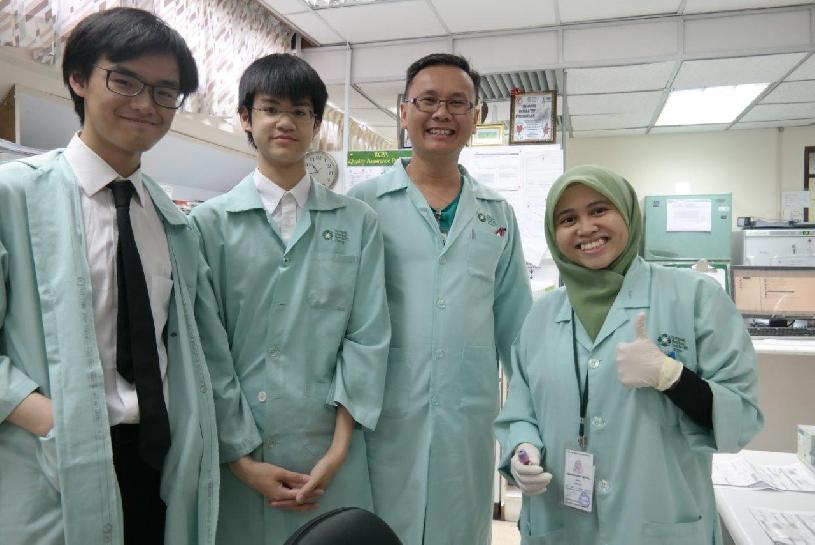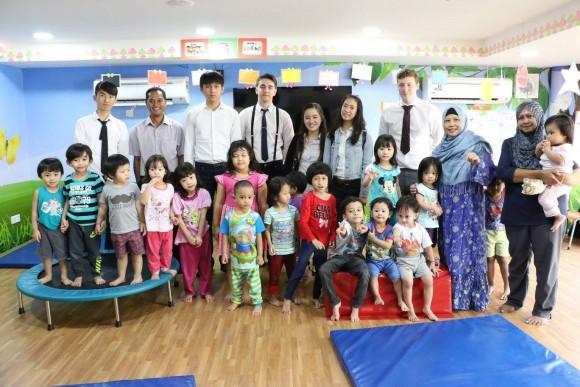【Yasmin】Importance of super- curricular activities
2016-09-15

Young people in school today will be joining the workforce tomorrow. But are they being prepared for success in the 21st-century work environment? According to a major survey of employers, over two-thirds of companies believe that secondary schools are ineffective at preparing young people for careers. The study, involving 3,500 business and education leaders, was published by the British Chambers of Commerce (BCC), revealed that 41 per cent also think that universities are not preparing young people for employment.
It’s not just employers who think that schools aren’t doing enough to guide young people in their career decisions. In a survey by Careers College Trust 76 per cent of pupils said their school trains them just to pass exams and get good grades rather than preparing them for the world of work. Another 32 per cent said they were unclear about what they actually want to do when they finish school. When grades are promoted as the most significant part of a child’s schooling, it should be no surprise that pupils and teachers, both concerned about the next step on the measurement ladder, focus squarely on the exam syllabus to the detriment of almost any else. This comes at a great cost however. Students are made to jump through very specific, rather narrow hoops and they are not given the freedom to explore their vocational interests.

▲ Cardiff Sixth Form College students visited Kuala Lumpur and Kuching, Malaysia as a super-curriculur programme of volunteering at a local orphanage
There are exceptions and Cardiff Sixth Form College is one of them. Students are placed in scenarios that they might face if they were professionals in an industry. For instance, students interested in law get a chance to write a contract or take part in a mock trial. Those interested in the financial sector, would be asked to write create a balance sheet and a business plan. These are not things that a student would get the opportunity to do in traditional academic studies, such as Mathematics, Physics or Politics. These extra, career focused, lessons allow students to make the right decision on their future and gives them careers ambitions from a younger age, providing them with the drive to succeed.
One of the unique things about these lessons is that they are a lot more difficult than normal A level or GCSE lessons. They are intended to stretch and challenge students to think about the application of their knowledge in the real world. A student interested in Engineering, for example, might be asked to use his Mathematics and Physics knowledge to think about how to build a dam. Usually this would only be approached at university level. The difficulty means that students often get the wrong answers; they fail. This is another great way to prepare students for the volatile working environment of the 21st century. As Karen Collias, an educational consultant, suggests: “in the global knowledge economy, failure is an accepted part of doing business. Think about ideas and products that changed the world – the pathways to these successes are strewn with failures”. In the working world each failure is a valuable learning opportunity and we need to teach our students this if they are to succeed.
Cardiff Sixth Form College 圖片
相關文章:【講座回顧】英國最聰明學校:升學去向才是焦點
【Samuel】英國神奇四校- Cardiff Sixth Form College & Ruthin School
